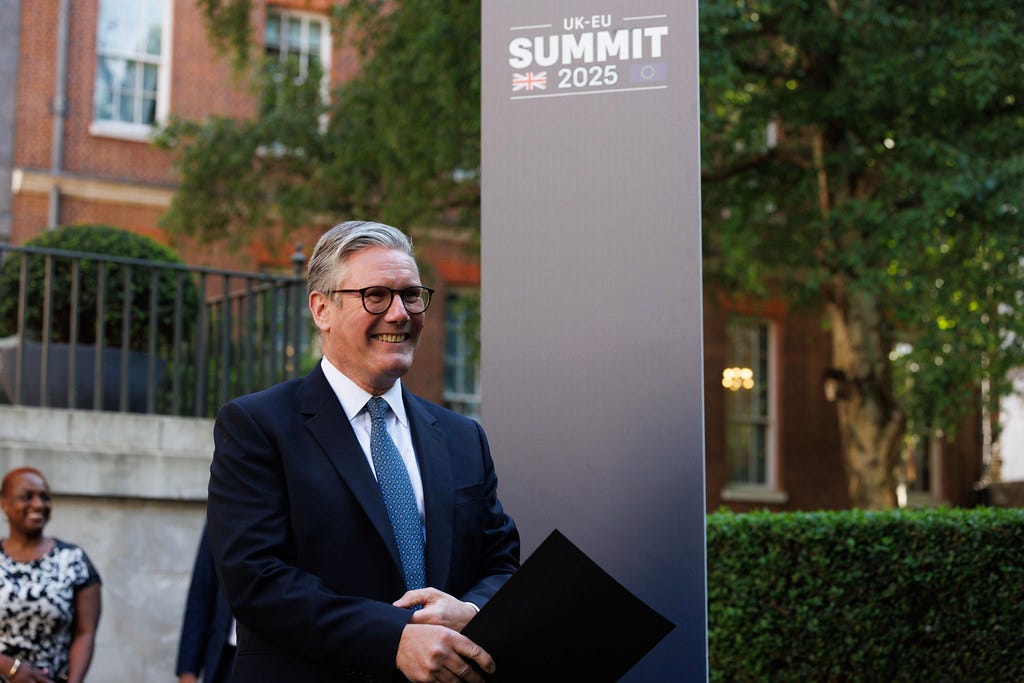Starmer’s Brexit reset marks a welcome return to political honesty
Slowly, quietly, reluctantly, this Labour government is ready to confront the reality staring us in the face
Let’s be clear: Monday’s deal between the UK and the EU is no revolution.
It doesn’t end border friction, return us to the single market, nor undo the decade of political, economic, and diplomatic damage caused to this country by Brexit.
While the deal will deliver some





